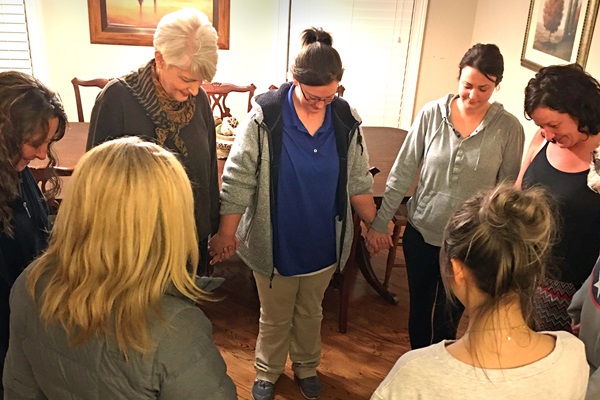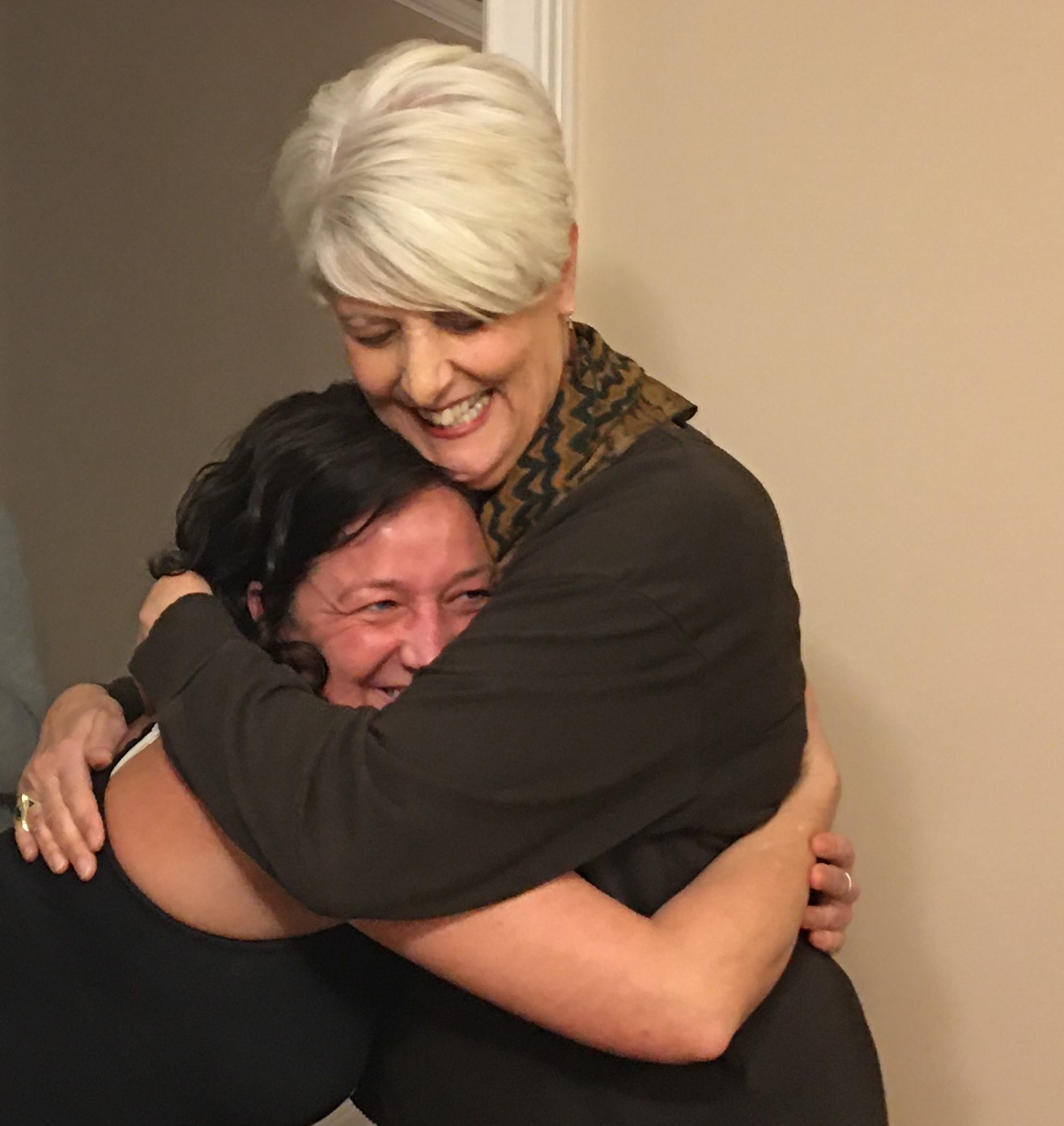When Pat Ralls volunteered to be part of a new ministry, she didn’t realize is that in helping others transform, she would find transformation for herself.
Ralls was tasked with researching and planning for a residential community for women recovering from alcohol and drug addiction. Healing Housing, a ministry of Brentwood United Methodist Church in Brentwood, Tennessee, opened in 2017. It is the only nonprofit program of its type in Williamson County.
“I didn’t know about addiction, but I am someone who likes to get behind stuff,” Ralls says, adding that she felt compelled to attend the first meeting, a step that led to more than two years of weekly gatherings. During those two years, Ralls and others located the Healing Housing properties and rallied their church friends to donate, not only money, but furniture and accessories to furnish the two houses.
“I was not really sure why I was doing it, but I felt led to do it,” she says. “I don’t know what it would have been other than God.”
With the program fully operational, Ralls’ commitment to Healing Housing these days ranges from leading a weekly Bible study and making grocery runs to planning outings for the residents and organizing fundraising.
“I’m 64 years old and I’ve done a lot of things, but there is nothing that compares to serving these ladies.”
Pat Ralls (right) greets a resident of Healing Housing. Ralls has discovered in volunteering at the recovery program that she has been transformed herself. Photo courtesy of Healing Housing.
Around the Healing Housing homes, Ralls is called “Ms. Pat,” two words that are pronounced with a heavy inflection of love.
“Ms. Pat will do anything to help, with no desire for anything in return,” says Jennifer Young, a Healing Housing resident. “It’s just because she feels led to help other people, out of the goodness of her heart. She’s a good testament to what you can be like, what a faith-based person can be. My ideas (about being a faith-based person) were more about being selfish and having judgment and thinking if you don’t believe what I believe, you’re wrong.
“My ideas of what church is have changed significantly from being here, seeing the genuine selflessness of the people affiliated with the church,” Young continues, “and Ms. Pat is an example of that.”
“Whenever I see Ms. Pat, she makes my heart feel at peace,” says another resident, who asked to remain anonymous. “Something about her just makes me smile and feel good inside.”
“Pat has always made our women feel that they are an important part of the community and that we all share a bit of brokenness,” says Tracey Levine, Healing Housing executive director. “We all know that we are loved by Pat and that she wants the very best for every single woman that graces our doorsteps.”
Ralls hasn’t always opened her door to welcome those that Jesus frequently embraced, including the broken, troubled and marginalized.
“My family used to call me ‘Book ‘em, Danno,’” she says, referring to the signature expression uttered by the main character after apprehending the criminal on the TV police drama “Hawaii Five-O.” “I’m very straight-laced. I used to see a lot of things in black and white, no shades of gray.
“That’s a way that I’ve been transformed.”
While Ralls may not consider herself a poster child for Wesleyan theology, her work with Healing Housing – and the subsequent effect on her own life – illustrates one of John Wesley’s main tenets. By doing good (the second in Wesley’s General Rules), Ralls found herself changed by God’s grace.
“I am just following God,” Ralls says, humbly.
Desiring to step into the Healing House space started with a family tragedy. Ten years ago, Ralls’ son was killed in a distracted driving crash, a pivotal event that Ralls said “opened my heart.”
During the past decade, Ralls and her husband have spoken to more than 50,000 people about the dangers of distracted driving.
“What that did was open my heart to other causes that people feel passionate about and maybe I didn’t,” she says. “People’s passions come from God. And I think that’s why I was open to contemplating what addiction means and how it impacts others. Once my mind was opened by (my son dying), I think that I saw that when you have really been captured by God, you have got to just keep going.
“It put me in greater touch with humanity,” she says.
*Crystal Caviness works for UMC.org at United Methodist Communications. Contact her by email or at 615-742-5138.
This story was published February 12, 2020.






